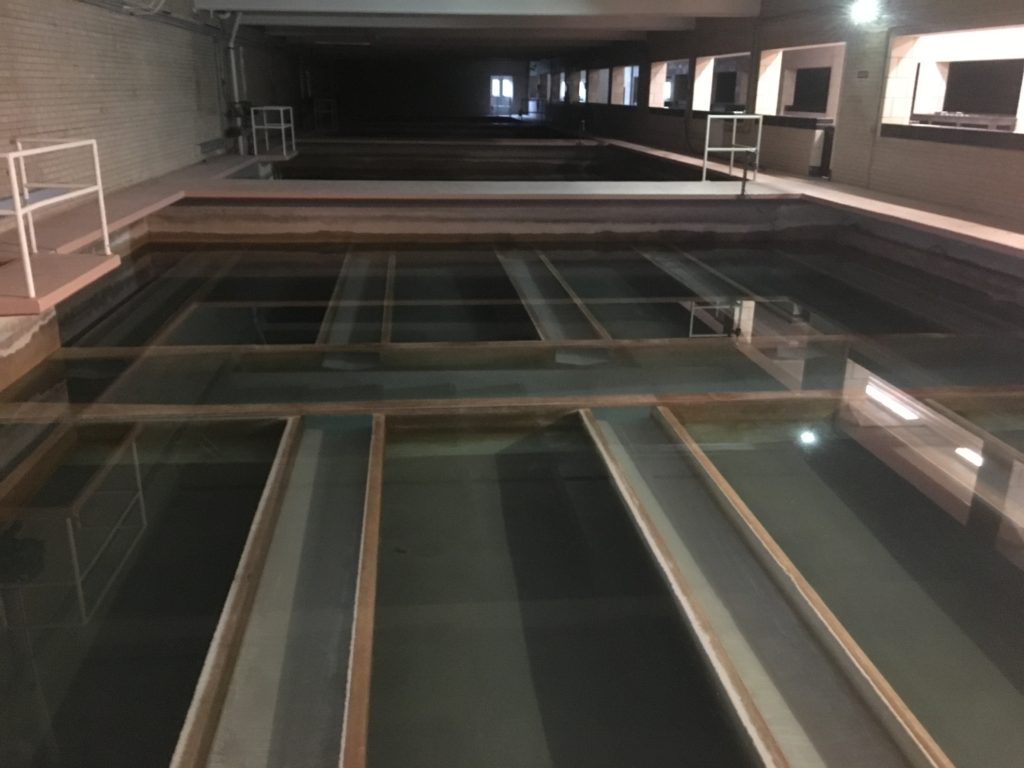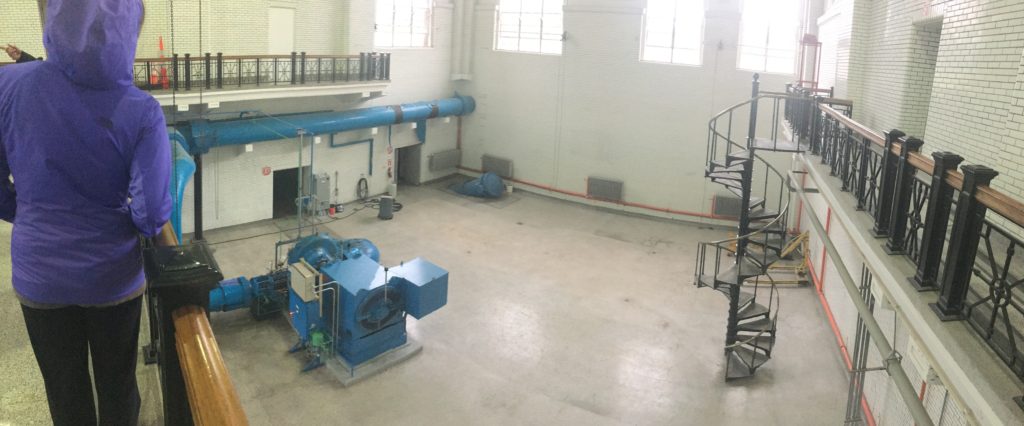On Tuesday, May 21st, we started out at the Agribusiness Association of Iowa. It seems that a main feature of the organizations we have been visiting is the lack of representation of the farmer. Why does a big company like Corteva or Monsanto (now Bayer) need representation? If agriculture is consumer driven, they definitely have a huge customer base. Who in Iowa is not planting GMO corn (besides the rarity of farmers like Heath Stolee, Mark Tinitjer and Brian Wosepka)?
I find the lack of direct farmer representation alarming. Farming demographics show that young people are moving away and not getting jobs in agriculture. Thus, increasing the average age of a farmer to 60 years old. Also small, family farms are being replaced with large corporate farms. Yet companies like Corteva say they support the farmer by giving them as much choices as ever even though there are fewer seed companies. I think this actually gives them fewer options. Yes, they may have a plethora of corn seed to choose from within the company but where else would have they gotten their seed if they had a choice. Companies like this seem to be on the edge of becoming a monopoly that limits competition and accountability to their consumers.
After a tour of the World Food Prize (a foundation and award established by Norman Borlaug) we passed go and advanced to Des Moines Water Works (DMWW). Des Moines Water Works was part of a lawsuit in which it sued a couple of towns above them for polluting public waters. The complaint of DMWW was that nitrates from upstream agriculture was causing it to have to run its nitrate removal system. This system cost a lot in finances and energy every day to run to remove nitrates from drinking water. DMWW does not remove all nitrates from the water. They use dilution as a way to meet the MCLs for nitrate levels. The nitrate removal system processes a portion of water removing all nitrates. This nitrate-free water is mixed with the other water that still has nitrates in it.


This process also creates another problem. How do we dispose of the nitrates removed from the water. DMWW dumps the nitrate slurry back into the Des Moines River. This might seem counterintuitive, but DMWW justifies this because the nitrate pollution did not come from them to begin with. They want to push for farmers to be more responsible for their agricultural runoff.
